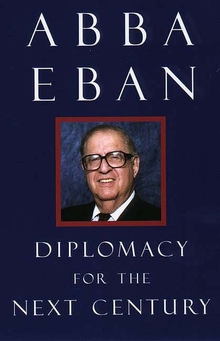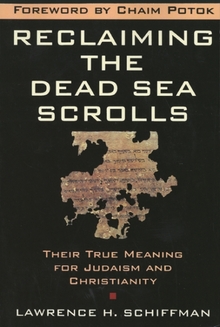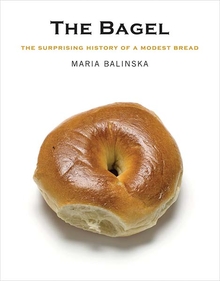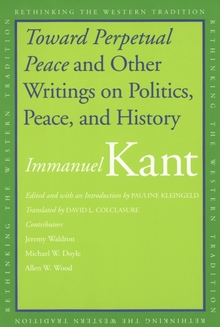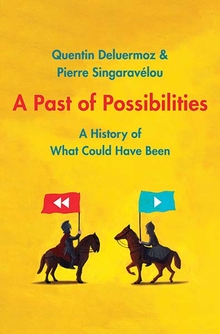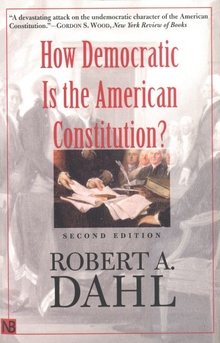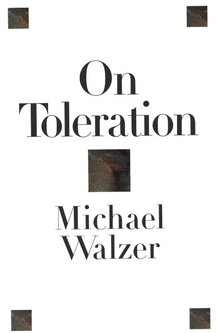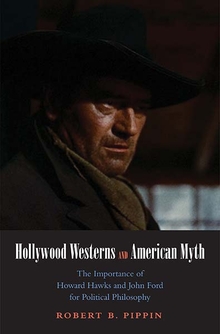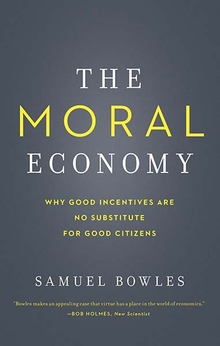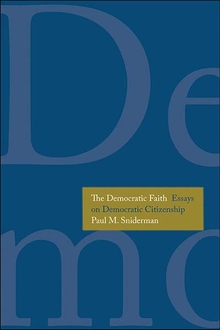Diplomacy for the Next Century
WARNING
You are viewing an older version of the Yalebooks website. Please visit out new website with more updated information and a better user experience: https://www.yalebooks.com
Abba Eban
Interweaving historical data with personal reminiscences, Eban reviews the Cold War period and its end in 1989, praising the diplomatic restraint in the years that have followed; discusses the ethical confrontation between power and conscience in a wide range of international decisions and actions; and points out the difficulty of reconciling the promotion of universal human rights with respect for national sovereignty. Eban goes on to deplore the lack of privacy in international negotiations that is the result of an increasingly intrusive media, shows that nuclear warfare is not a restraint against frequent military intervention, and warns against inflated views of what can be expected from the United Nations. He concludes with thoughts about the quest for peace in the Middle East.
Instructive, erudite, and witty, Eban’s tour through diplomatic history vividly demonstrates that the wisdom of the past can be immensely valuable as we seek to negotiate and maintain peace in the future.
"Abba Eban's Diplomacy for the Next Century is part statecraft, part diplomatic history, part autobiography and entirely absorbing. His insights are as lucid as they are elegant, reaffirming his place as one of the most knowledgeable, wise and eloquent of modern diplomats."—Henry A. Kissinger
"Abba Eban's book is part statecraft, part diplomatic history, part auto-biography, and entirely absorbing. His insights are as lucid as they are elegant, reaffirming his place as one of the most knowledgeable, wise, and eloquent of modern diplomats."—Henry A. Kissinger
"Smooth and lucid writing. . . . The volume is a tour de force by a senior statesmen who has a great deal to offer to those interested in diplomacy. Recommended for all levels."—S.R. Silverburg, Choice
"This book treats more than the Middle East. It offers a manual for diplomats and a mirror for princes in the grand tradition from de Callieres. . . to Nicolson and beyond. Eban's limpid style and generous use of anecdotes to breathe life into broad generalizations make for a book that even busy twentieth-century princes may find time to read . A seasoned diplomat's valedictory to all who will listen.Retired statesmen can often be candid and wise."—Foreign Affairs
"Diplomacy for the Next Century . . . provides a comprehensive and captivating look into the profession of diplomacy and its impact on world events."—Fred Gordon, Jewish Exponent
"As sharp, shrewd, and candid an assessment of at least the current state of international relations as we are likely to get."—Kirkus Reviews
"This . . . book packs a lot of political savvy and demonstrates insight into the international political decision-making process."—Library Journal
"Abba Eban, who served as foreign minister of Israel and as Israel's ambassador to the United Nations, catalogs his own experiences as a diplomat and the diplomatic history of the past 50 years in an eloquent, often anecdotal style."—Middle East Journal
"A concise, elegant introduction to realism in foreign affairs, by a man who learned lots of realism as Israel's principal diplomatic voice for some 25 years."—New York Times Book Review
"A concise, elegant introduction to realism in foreign affairs, by a man who learned lots of realism as Israel's principal diplomatic voice for some 25 years."—New York Times Book Review, Notable Books of 1998
"Exceptionally well written. [This book] is entirely free from jargon, obscurity and cliché, and it has a concision and elegance that are rare in writing about international affairs . . . . Eban is at ease with the history of diplomacy, early and recent, in a way that is rare today. He uses that history not as decoration but to illuminate matters of substance, and he does so with specific examples rather than sweeping generalizations. The book is studded with crisp and illuminating characterizations of leaders with whom [Eban] worked." —Owen Harries, New York Times Book Review
"Exceptionally well written. [This book] is entirely free from jargon, obscurity, and cliché, and it has a concision and elegance that is rare in writing about international affairs. . . . Eban is at ease with the history of diplomacy, early and recent, in a way that is rare today."—Owen Harries, New York Times Book Review
"This contribution to the study of diplomacy is absorbing and insightful, providing a brief historical review as well as a probe into the future."—Elizabeth Sidiropoulos, South African Journal of International Affairs
"Abba Eban is well known for his wit and erudition. [This book] adds to his reputation. … Mr. Eban has an eye for the small detail, whether it is Mikhail Gorbachev’s Western tailoring or the fashionable European appearance of his wife, both of which in a way predicted the course of Soviet action. Mr. Eban is particularly acute in recounting the events in which he participated. In commenting on the United Nations, he remarks that an international organization is a process, not a policy, and thus the U. N. by itself can never be a solution to anything, though it may facilitate policy decisions." —Washington Times
"Eban packs many incisive insights into a few pages. . . This book is an important addition to Eban’s impressive list of significant publications."—Morton I. Teicher, Dade Jewish Journal
"Few twentieth-century diplomats match Abba Eban in intelligence and experience, and none in wit; so his reflections on diplomatic challenges in the century to come are uncommonly perceptive, rewarding and readable." —Arthur Schlesinger, Jr.
"Few 20th century diplomats match Abba Eban in intelligence and experience, and none in wit; so his reflections on diplomatic challenges in the century to come are uncommonly perceptive, rewarding, and readable."—Arthur Schlesinger, Jr.
Publication Date: April 10, 1999

